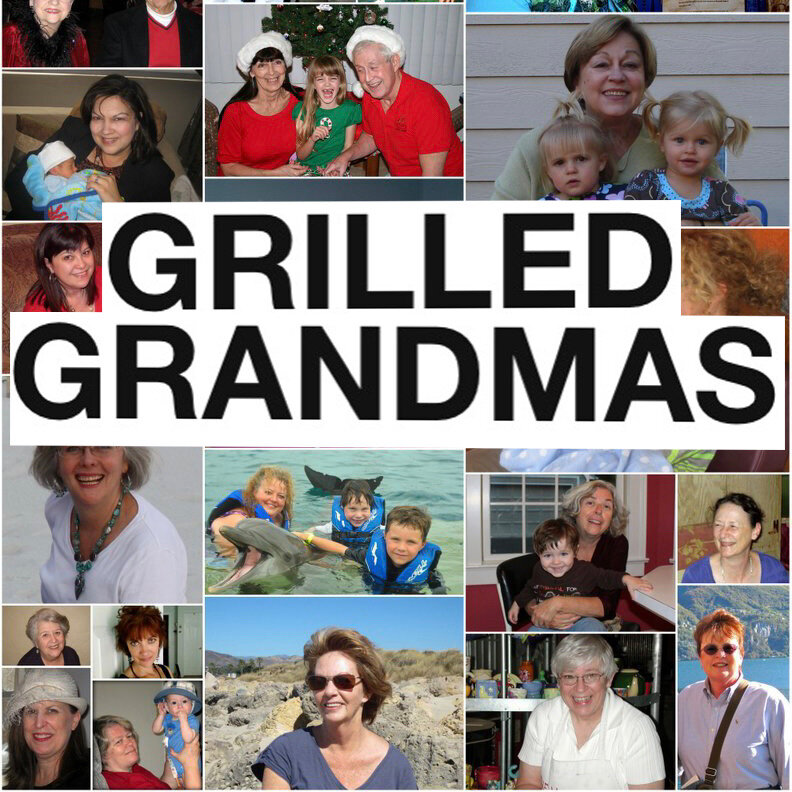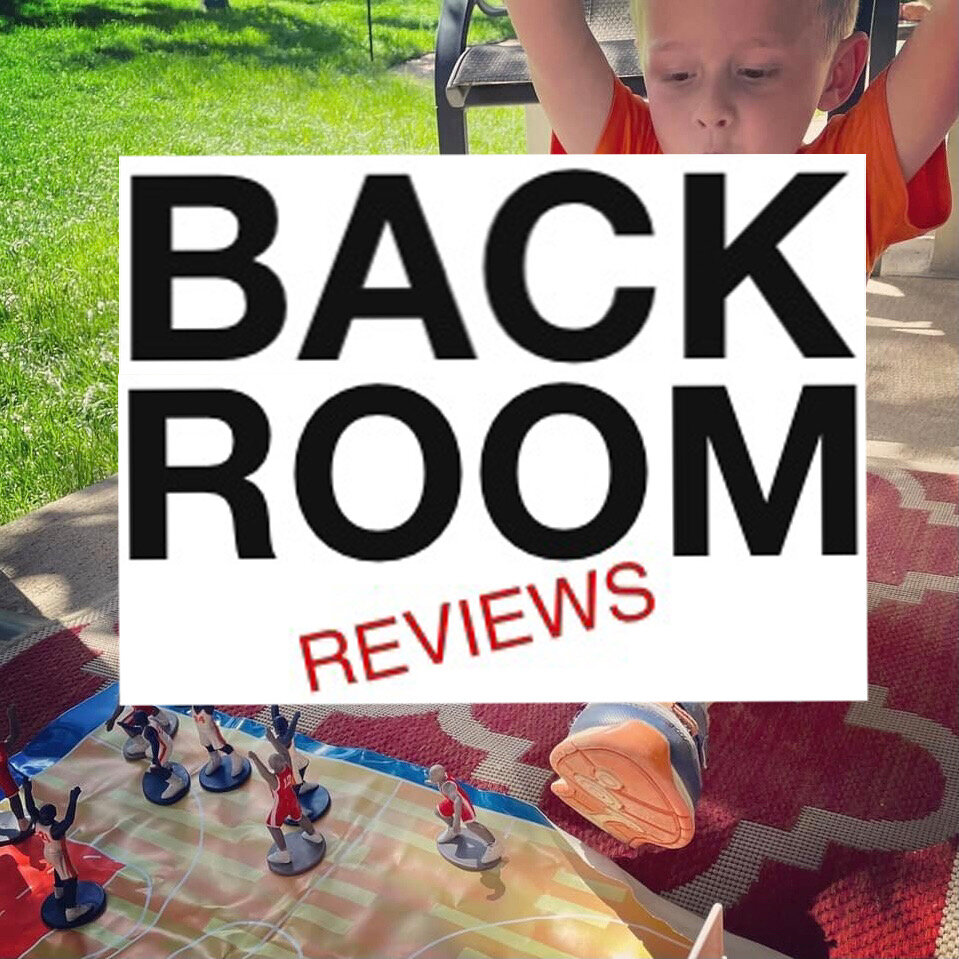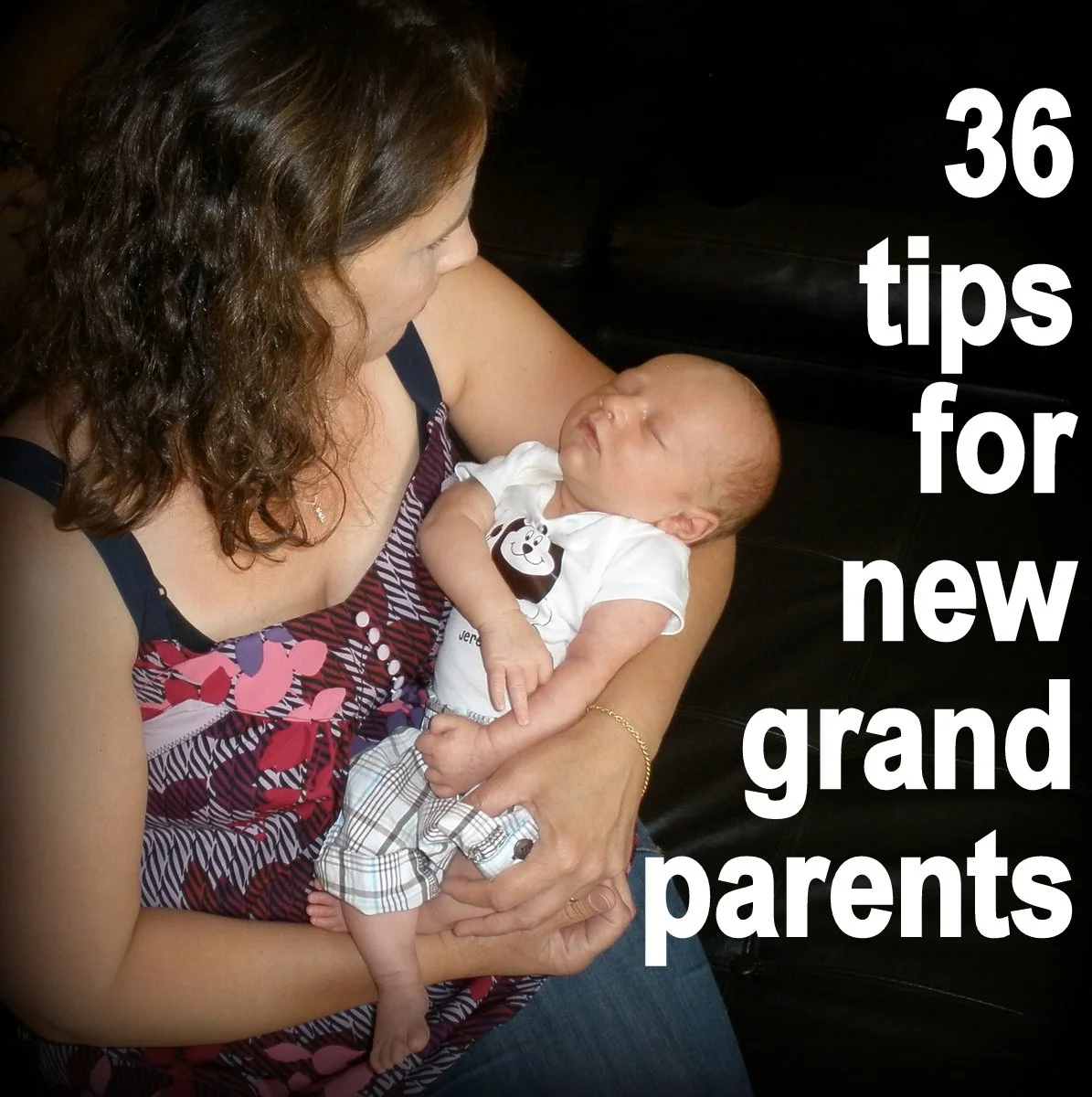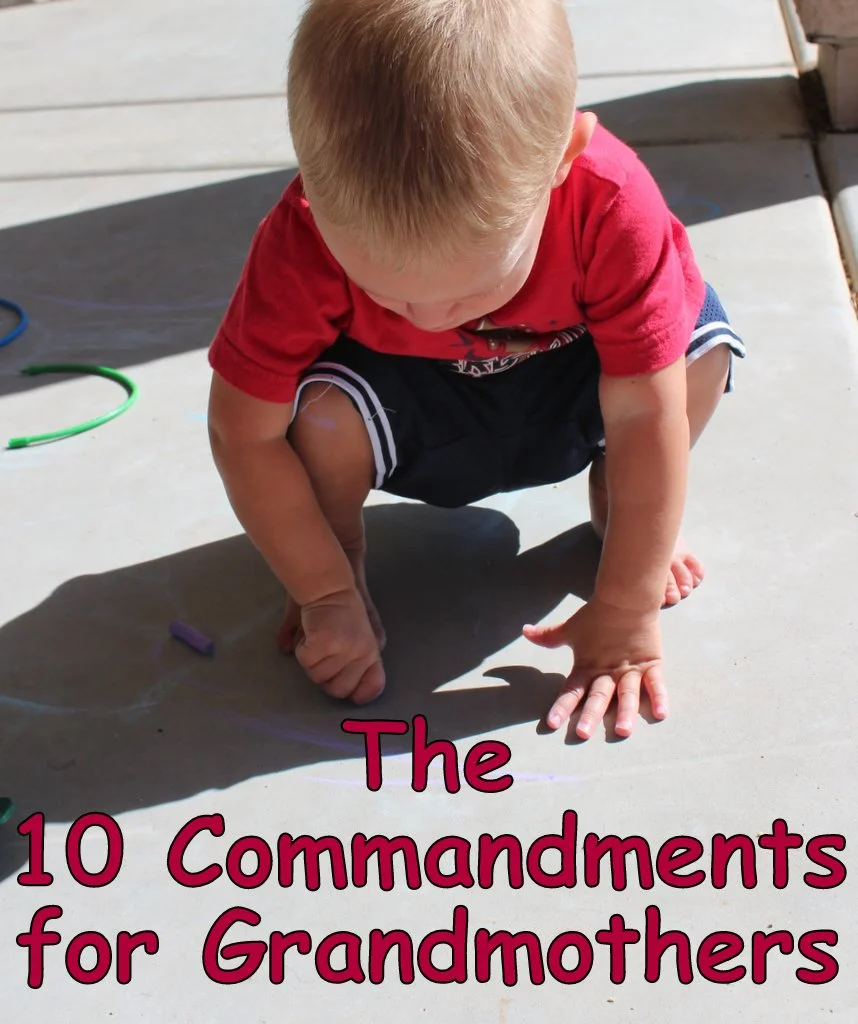Sink, swim or hold on!
/
Back in the '80s, before the real estate market crash that marked the end of that decade, I worked for a mortgage company. Business was good, and we were rewarded well by the company's owner.
One of the bigger rewards we once received was a day off work ... and on the owner's boat. On a day we should be processing loans, the entire office (it was a small office) would get to don bathing suits and hang out at the reservoir, on a boat, sipping beer in the sunshine.
I didn't want to go. I really did not want to go.
I didn't want to go because despite having been born in Minnesota, the land of 10,000 lakes, I didn't know how to swim. Which would have been okay if it were to be just a slow row around the reservoir, but one of the planned events was a contest of who could survive the longest on the inflatable "bullet" attached to the boat by a rope and pulled around the reservoir at top speeds. An activity in which my participation meant certain drowning. Assurances from the only coworker who knew of my fear telling me again and again "You'll have on a life jacket!" were of no comfort. I still didn't want to go.
But I did, of course. It was a "reward" and I was expected to accept it.
When it came time for the bullet contest, my coworkers took turns hopping on the bullet, whooping and hollering about what fun, what fun! As they straddled the bullet, they gave our boss -- the man behind the wheel and the gas pedal -- the thumbs up and off they went, skidding across the water at top speeds. Another thumbs up meant "faster, faster." Each would go through the same routine, seeing who could go the fastest, who could go the longest. Each would fly off the bullet and into the water when the speed became too much for them to bear.
Then it was my turn. I could barely breathe. Only the coworker with whom I'd shared my fear knew the terror I faced as she helped me onto the deathmobile. I straddled the inflatable, grabbed onto the handles on each side, then gave a weak thumbs up. The boat slowly moved away from the bullet until the rope was taut. I gave another thumbs up, then quickly grabbed the handle again. As the boat gained speed, I began scooting across the water. Another thumbs up then quick hand grab and I went faster. I did it again ... and again ... and again, each time quickly flashing my thumb then returning to the handle. Each time going faster and faster.
As I flew and bounced and soared across the water, I kept my hands gripped around the handles and my eyes fixed on my coworkers as they laughed and smacked each other on the back and gave me a thumbs up in return. Faster and faster I went, holding on tighter and tighter, praying harder and harder that the insane fun would end soon because I was not having any fun.
Finally the boat slowed and they began reeling me in. "What's the deal?" I wondered. Maybe my coworker had told them of my fear and they decided enough was enough.
As the bullet reached the boat, everyone cheered and shouted congratulations to me. I was the winner! I had gone the fastest, the longest ... and never fell off the bullet! Yay, Lisa! They slapped me on the back, helped me off the bullet, handed me a beer. Woo-hoo for me!
My coworkers couldn't believe my cojones, my nerves of steel, my ability to hold on. What they didn't know was that I held on because there was absolutely no way in hell I was going to fall in that water. I didn't know how to swim, I didn't trust the life jacket to save me. And I surely was not willing to die during a workday spent at the reservoir drinking beer and riding bullets when I had three babies at home who needed me for many, many more years to come.
I held on for my life -- and looked like a success to everyone else -- because there was no other option.
Which is exactly what I've been doing all my adult years: I hold on with a steel-plated grip because I have no other option.
In every facet of my life, I've survived, made it through, didn't drown. But it's definitely not because of any special ability, powers or knowledge. In fact, it's precisely because I don't have any special ability, powers or knowledge that I'm surviving from one day to the next. I cling so tightly because there's nothing else I can do. I don't have a Plan B. I don't have a safety net to protect me from failure -- financial, physical or otherwise. And despite taking swimming lessons at the age of 40, I still don't really know how to swim.
But I do have one helluva grip.
And I continue to hold on.
Today's question:
Time to brag: What's one thing you do really well?
My answer: I make excellent chocolate chip cookies!





























